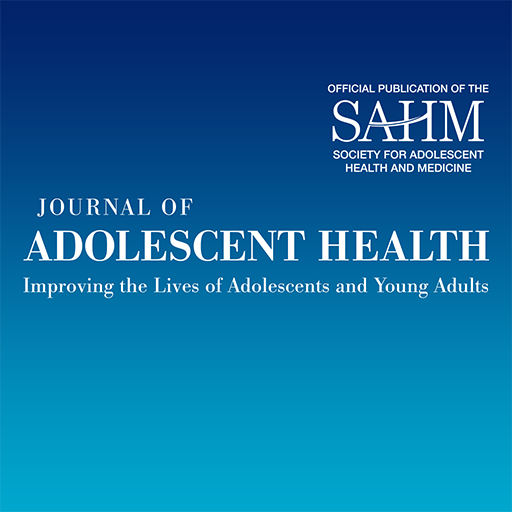A recent study, “Child-Reported Family Violence: A Systemic Review of Available Instruments,” explores the role of children in reporting family violence. Specifically, the reviewers identify and appraise available child self-report measures for screening and assessment of family violence in both clinical and … Read More
Child Abuse

An Approach to Mandatory Child Abuse Reporting in Cases of Questionable Confessions
Introduction The hypothetical case introduces the complex ethical and legal implications of physicians as mandatory reporters when treating patients with mental illness. When a patient with reality challenges (e.g., psychosis, mania, or delirium) endorses having sexual contact with minors, how … Read More

Applying the Social Work Health Impact Model to Child Maltreatment: Implications for Social Work Education
Child abuse and neglect (CAN) is a significant and growing public health problem, yet public health approaches to eliminating CAN have not been widely embraced in the United States or in social work education. Public health approaches require a large … Read More

Pharmacists’ Vital Role in Identifying and Reporting Child Abuse
ABSTRACT: Childhood abuse, which manifests in adverse childhood events such as neglect and physical, sexual, and emotional abuse, is widespread in the United States. Each year, the Child Protective Services agency rescues more than one-half million children from maltreatment. Because … Read More

Exploring the Contours of Expert Testimony Regarding Child Sexual Abuse Accommodation Syndrome
The term “child sexual abuse accommodation syndrome” (CSAAS) was initially coined by psychiatrist Roland Summit in 1983 in an effort to understand the various ways children react to sexual abuse. From an evidentiary perspective, not all states recognize CSAAS as … Read More

Transforming How We Deliver Prevention Services
The 2023/2024 Prevention Resource Guide was created with input from a broad representation of national experts, including national child abuse prevention partners and colleagues on the Federal Inter-Agency Work Group on Child Abuse and Neglect as well as parents with … Read More

How Should Clinicians Minimize Bias When Responding to Suspicions About Child Abuse?
Abstract Clinicians have ethical and legal obligations to report suspected maltreatment of children. A decision to report suspected abuse is one of great ethical, clinical, and legal importance and can weigh heavily on clinicians who have established relationships with a … Read More

Family Support Programs: Promoting Race Equity and Preventing Child Maltreatment
A scoping literature review from Prevent Child Abuse America aims to understand how primary prevention family support programs—particularly evidence-based home visiting programs and family resource centers—actively promote racial equity efforts within their communities. The report Understanding How Family Support Programs Promote … Read More

Indian Child Welfare (ICW)Quarterly and Annual Report
ICW Reporting Form Guides BIA’s decision making. The data collected: What is the ICWA Report? Tribes or Tribal organizations receiving grants under ICWA arerequired to submit data on a quarterly and annual basis (25CFR 23.47) Section on Tribal ICWA programs … Read More

The Indivisibility of Parental and Child Mental Health and Why Poverty Matters
Child mental health difficulties are common, with approximately one in five young people across all ages globally experiencing them. This is a major cause for concern, as child and adolescent mental health problems have deleterious effects, not only on social … Read More

